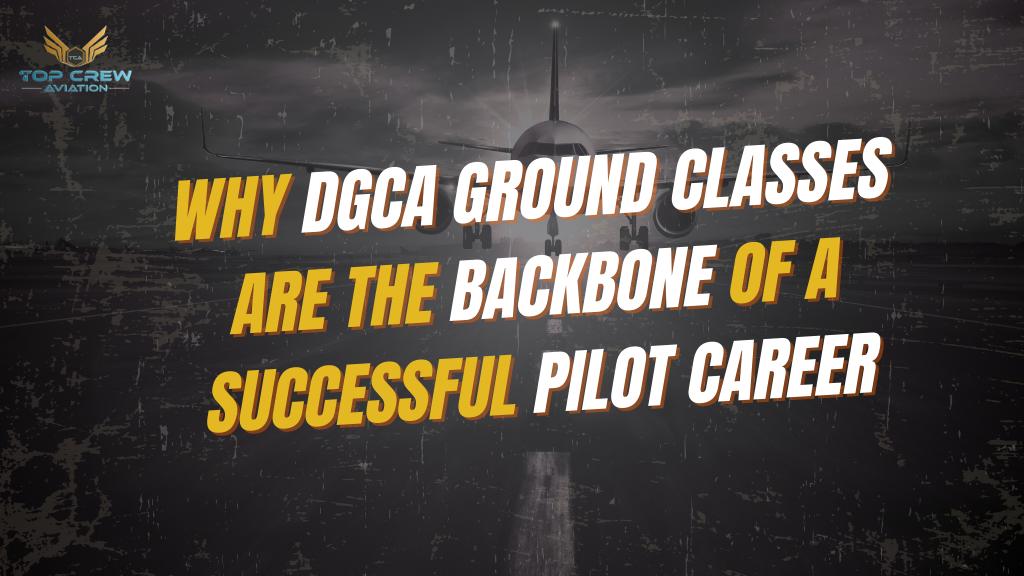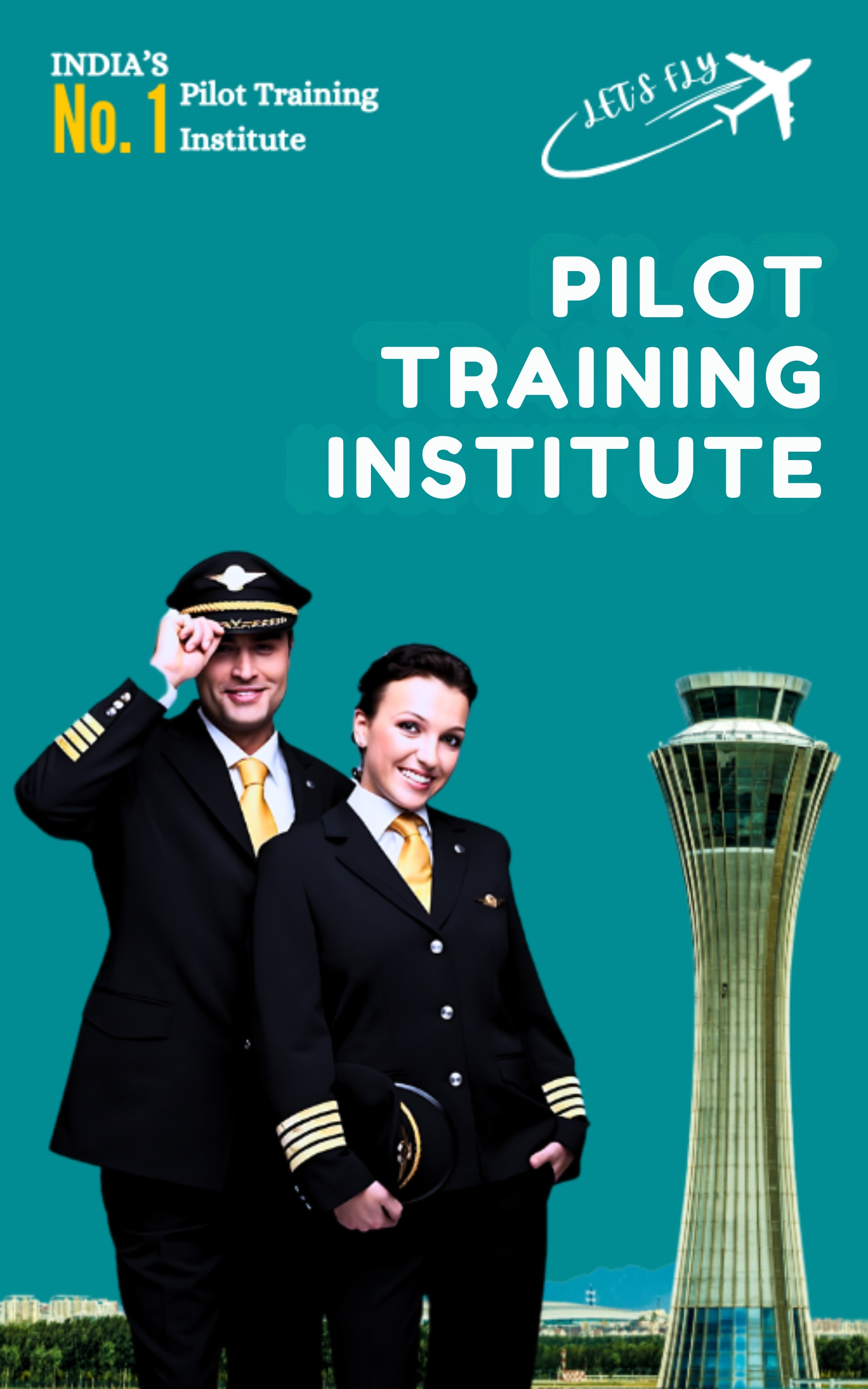Why DGCA Ground Classes are the Backbone of a Successful Pilot Career
When one thinks of pilot training, most people imagine takeoffs and landings and spending long hours in the cockpit. But really, flying skills alone never form the perfect pilot. What makes a trained and professional aviator really is solid knowledge formed during DGCA Ground Classes.
The Directorate-General of Civil Aviation (DGCA) in India has stipulated that only after clearing the ground exams can pilots be allowed to proceed for advanced flying. These classes are considered an intellectual backbone of your aviation endeavor besides being a bottleneck in the regulatory system. Let’s see why.
1. Core Subjects That Shape Every Pilot
DGCA Ground Classes is an extended study of all issues concerning aviation safety. Learn from the programs, and why it is important:
- Air Navigation – Route planning, charts, time-distance calculations.
- Meteorology – Weather interpretation, wind patterns, turbulence prediction.
- Air Regulations – International and Indian aviation laws, ATC rules.
- Technical General – Aircraft systems, performance, troubleshooting.
Without these, flying would be guesswork. With them, flying becomes science-backed decision-making.
2. Why Ground School is as Important as Flying
It is divided into two:
| Flying Training | Ground Training |
| It operates an aircraft. | It gives one a reason when and why to operate an aircraft. |
| It focuses on motor skills and cockpit handling issues | It focuses on knowledge, law, and the art of making decisions under emergency conditions |
| Limited to time of flight | For knowledge usable for life, through a number of licenses (CPL, ATPL) |
| Without theory, one won’t face surprises. | While flight training gets you through certain weather-type, the theory grounds you in handling a whole load of other surprising technical or regulatory environments. |
Takeaway: “Ground training puts meaning to your flight training; it is the map that makes the journey safe.”
3. Safety: The Heart of Ground Knowledge
There are always big consequences related to small mistakes in aviation. Almost every accident is attributed to human error, often by an absence of theoretical knowledge.
- An understanding of meteorology is needed to avoid turbulence.
- Knowledge of aircraft systems enables you to respond better when the alarm sounds.
- Air regulations prevent mid-air conflicts in crowded skies.
Simply put, safety lives in the theory you learn on the ground.
4. Preparing for DGCA Exams
The DGCA exams are your first milestone as a pilot. Subjects may seem tough, but structured ground classes help you:
- Cover the syllabus systematically.
- Practice previous exam patterns.
- Gain instructor insights not found in books.
Passing these exams is more than just a step—it’s proof you can handle the intellectual demands of aviation.
5. Ground Classes + Simulator = Real-World Readiness
Before flying real aircraft, students spend hours on simulators. A simulator without ground knowledge is like solving math without formulas. But if you’ve mastered your theory:
- Every emergency drill makes sense.
- You can connect instruments to real-world conditions.
- Confidence replaces confusion.
This bridge between theory and practice is what makes ground classes invaluable.



